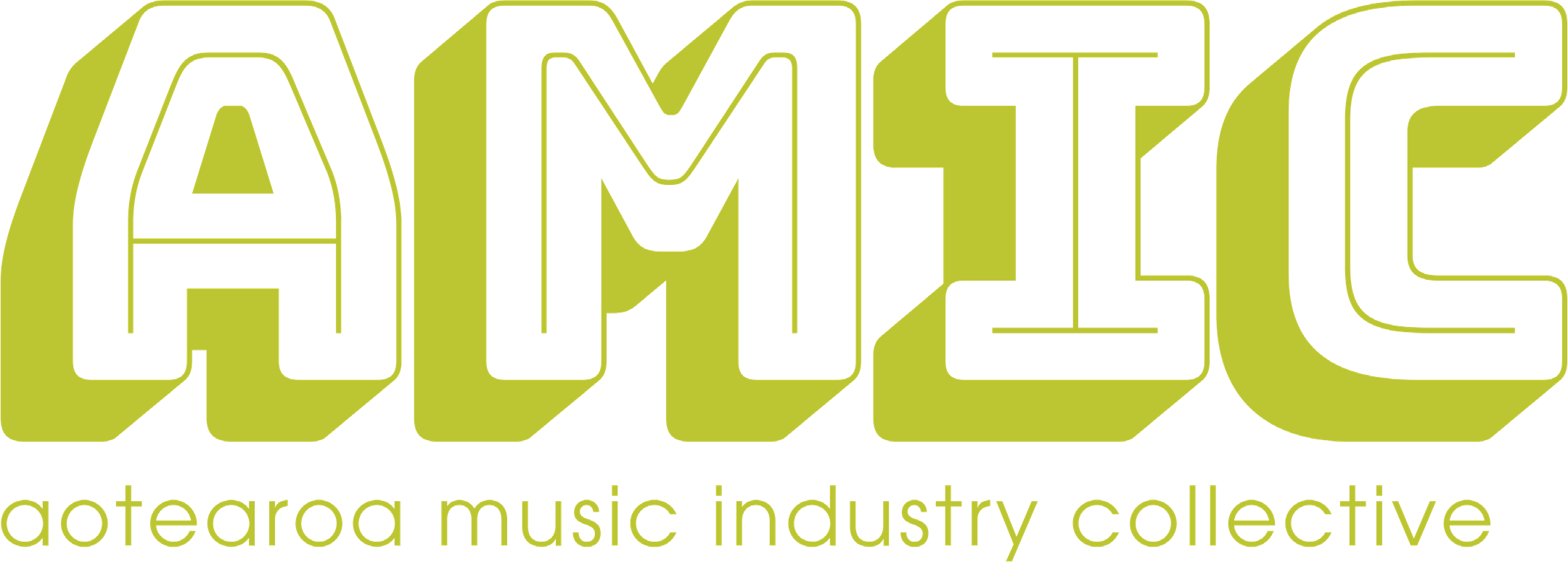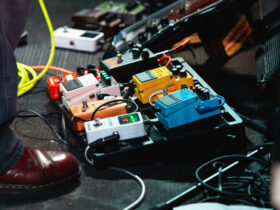Suggestions to help with writing your biography
Written by Lisa Jones.
One of the key elements which can prove useful when promoting yourself is a biography. Here are some guidelines for writing your biography.
THE BASICS

- Start by brainstorming all your ideas. Make a list of everything you’ve accomplished, then choose 2-4 of the most impressive items to include in your biography.
- Always check your spelling and punctuation. Consider asking someone else to have a read to make sure it all makes sense.
- Typing words entirely in CAPITAL LETTERS is considered to be shouting. Only type words entirely in capital letters if they stand for something (for example SWIDT stands for ‘See What I Did There’).
- Type release titles in italics to make them stand out from other text.
- Don’t overuse bold or underline.
- Avoid using special characters such as emojis. Some of these characters cannot be displayed on some websites, and they can also affect search functions from operating correctly.
- Double check that all your facts are correct.
HOW LONG?
A biography should clearly state the facts without going into too much detail. If your biography is too long, people will lose interest.
On the other hand; if your biography is too short it won’t necessarily captivate the reader. A couple of paragraphs should be the bare minimum.
After you have written your biography, consider creating a shorter summarised version which includes the most relevant points.
The longer version can be used on websites and social media platforms, and the shorter version can be used when emailing press releases to media.
HOW SHOULD A BIOGRAPHY BE WRITTEN?

You should write your biography as though you are writing about your music from an outsider’s (or third-person) perspective. Use words such as they, them, she, her, he, his etc. Do not use words such as I or we.
Don’t be afraid to speak highly about your music – remember a biography is a key tool in selling yourself, so make it sound good.
HOW DO I KEEP THE READERS INTEREST?
- Separate your text into paragraphs. People will lose interest quickly if your biography consists of one large block of text.
- Avoid using long sentences and paragraphs. You want to keep your readers engaged, not lose them with lengthy paragraphs of text.
- Keep your biography relevant and update it often. While it’s ok to talk about your history, keep the majority of it based around your most recent achievements from the past 2-5 years.
- Avoid repetition and overuse of fancy language and jargon.
- Avoid swear words and derogatory comments.
- Embed your links – for example Muzic.nz looks better than https://www.muzic.nz/. To embed your links, select the text, right-mouse-click, and select the option for adding links.
WHAT SHOULD I WRITE ABOUT?
If you want to promote your music and distinguish yourself from all the other bands and musicians out there, you’ll need to say more than just “Rock band from Auckland”.
Consider mentioning the following:

- Your beginnings: Mention the how, when and where. If you’re a solo musician, what got you interested in music? When did you start playing? If you’re in a band, how did you all meet up? How did you come up with your band name?
- What you have accomplished: Awards you have won, placings in competitions, placings on charts, who you have supported or toured with, what festivals have you performed at etc.
- Releases: What EPs and albums have you released in the past two years. What releases are coming out in the near future?
- Include a couple of one-liner quotes from reviews to add more substance to your biography. It’s a great way to show that others are talking professionally about your music. Remember to give credit to the person/organisation who wrote the review.
- How would you describe your music?
- What are your influences?
- Remember to include the basics: Band member names and instruments, location, genre, if you are signed to a record label etc.
- Make it pretty: Include photos and cover images of your latest releases. Images should be in .JPG or .PNG format, and high-resolution. Remember to give credit to any photographers.
- Finishing up: Include links to all your websites and social media pages as well as any links where your music can be downloaded or streamed. Also include any relevant contact details, such as your email address etc.
DISCOGRAPHY
You can also include a discography with your biography, or a link to where a discography can be viewed. Your discography should mention all releases, with track listings included for all EP and Album releases.






